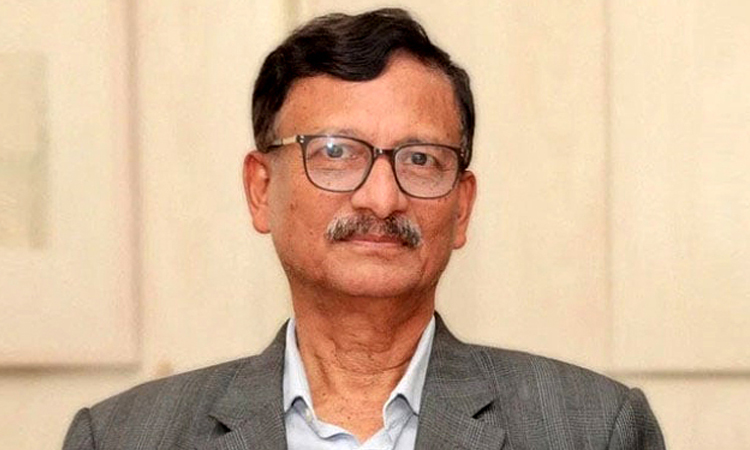News Flash

DHAKA, July 24, 2025 (BSS) – Foreign Affairs Adviser Md. Touhid Hossain today said the establishment of the United Nations Human Rights Office in Dhaka was done in Bangladesh’s own interest, noting that the government retains the option to withdraw the office with six months’ notice if necessary.
“However, I do not think such a situation will arise,” he told journalists at the foreign ministry this afternoon.
Responding to questions regarding differing expert opinions on the office’s opening, the adviser said the agreement allows for a review after two years.
“We took this step keeping our interests in mind. It is not that we signed the agreement immediately upon their proposal, we took our time to ensure that Bangladesh’s interests are protected. However, I have full respect for the experts,” he said.
On the issue of China’s hydropower projects on transboundary rivers, Touhid said Bangladesh cannot prevent upstream infrastructure but will remain vigilant to ensure no significant adverse impacts downstream.
“The sources of our rivers are not within Bangladesh. We need to ensure that such projects do not cause harm, or if there is any impact, it remains very limited,” he said.
He noted that the Chinese ambassador in Dhaka had assured Bangladesh that the hydropower projects would not withdraw water as they are using phased utilisation with new technology, reducing concerns of water flow disruption.
“Therefore, there is no reason to be alarmed about this,” he added.
Regarding discussions with the United States on tariff issues, Touhid said negotiations are ongoing and have not yet concluded.
“Those who are conducting the negotiations should be asked about this. It would not be appropriate for me to speak midway through the discussions,” he noted.
Responding to questions on visa restrictions for Bangladeshis in various countries, including India, the foreign affairs adviser emphasised the need for internal discipline to address such challenges. “We need to put our own house in order,” he said.
He highlighted the responsibility of applicants to provide accurate information and valid documents to avoid visa complications abroad.
“There have been instances where one individual has been issued five different passports. Now, this has become much more difficult,” he noted, adding that the tendency to provide false information has created problems, which are now easier to detect.
“False information is a major problem for us. We need to ensure that such fraudulent activities do not occur. If we can do this, we will be able to gradually resolve these issues,” the adviser added.
When asked whether the presence of the Indian medical team in Bangladesh could be seen as a positive indicator towards better relations between the two neighbours, Hossain said that the interim government has always wanted a good working relationship with India on the basis of reciprocity and mutual respect.
“We always wanted that … from day one we said we want good working relationship with India on the basis of reciprocity and mutual respect. Our position remains unchanged,” he said, noting that no one in the interim government ever said they do not want good relations with India.
A team of burn-specialist doctors and nurses with necessary medical support from India arrived in Dhaka on Wednesday night to treat the victims of the recent tragic aircraft crash.